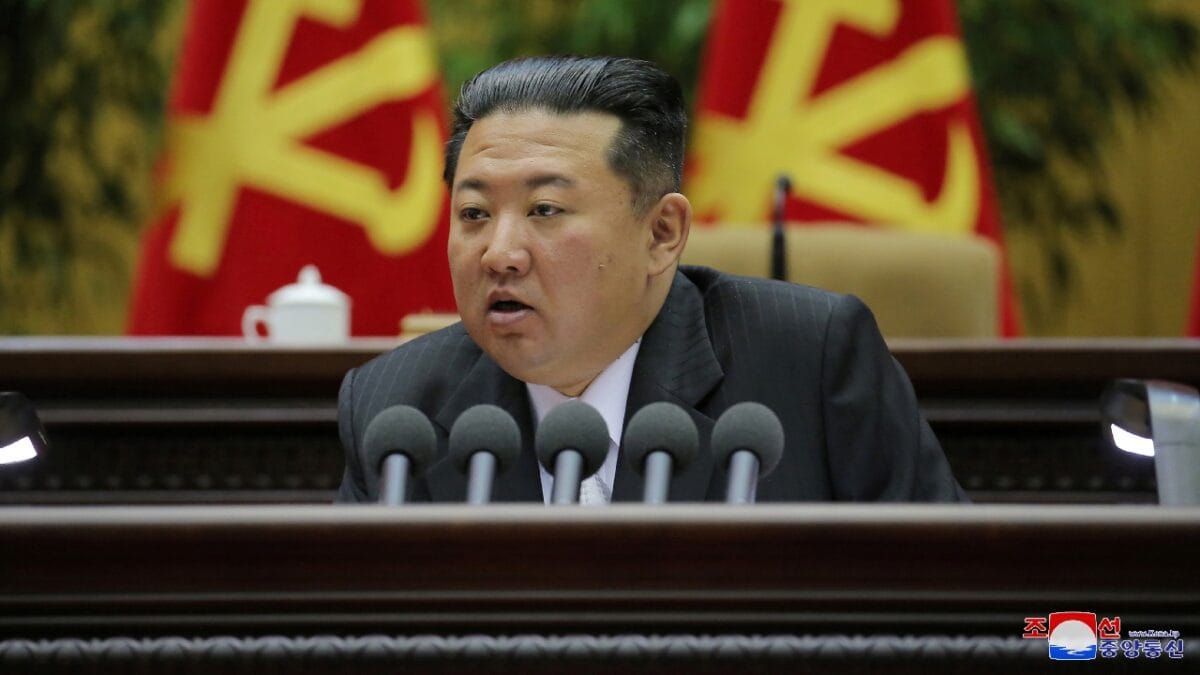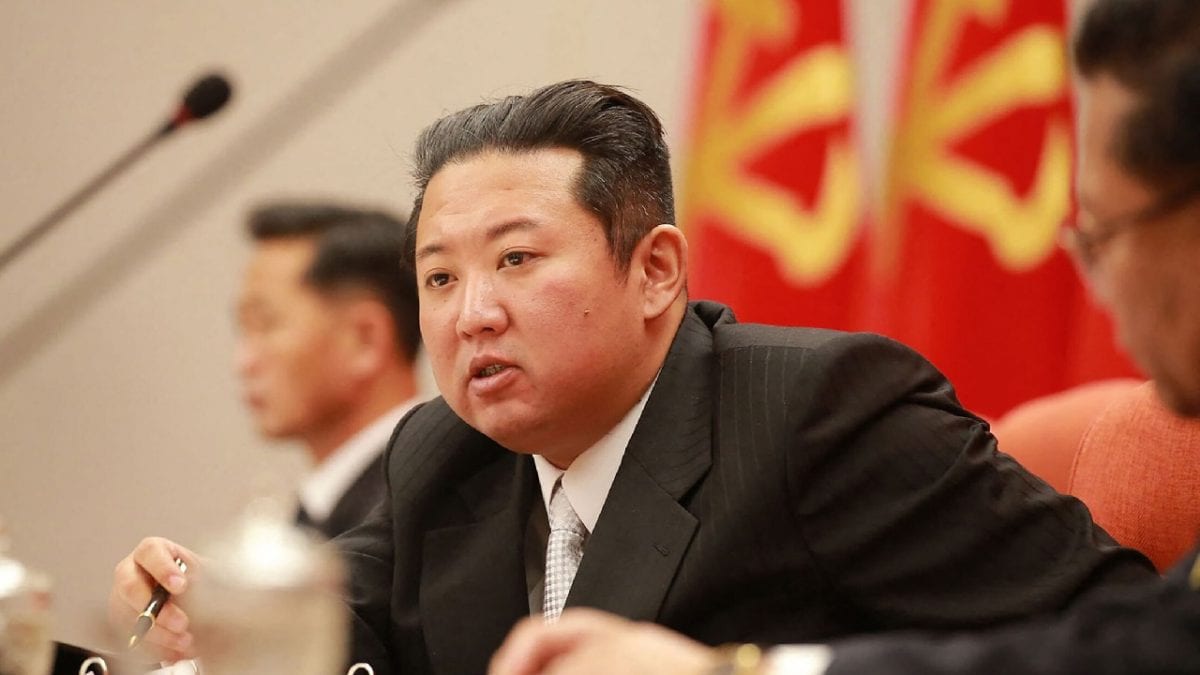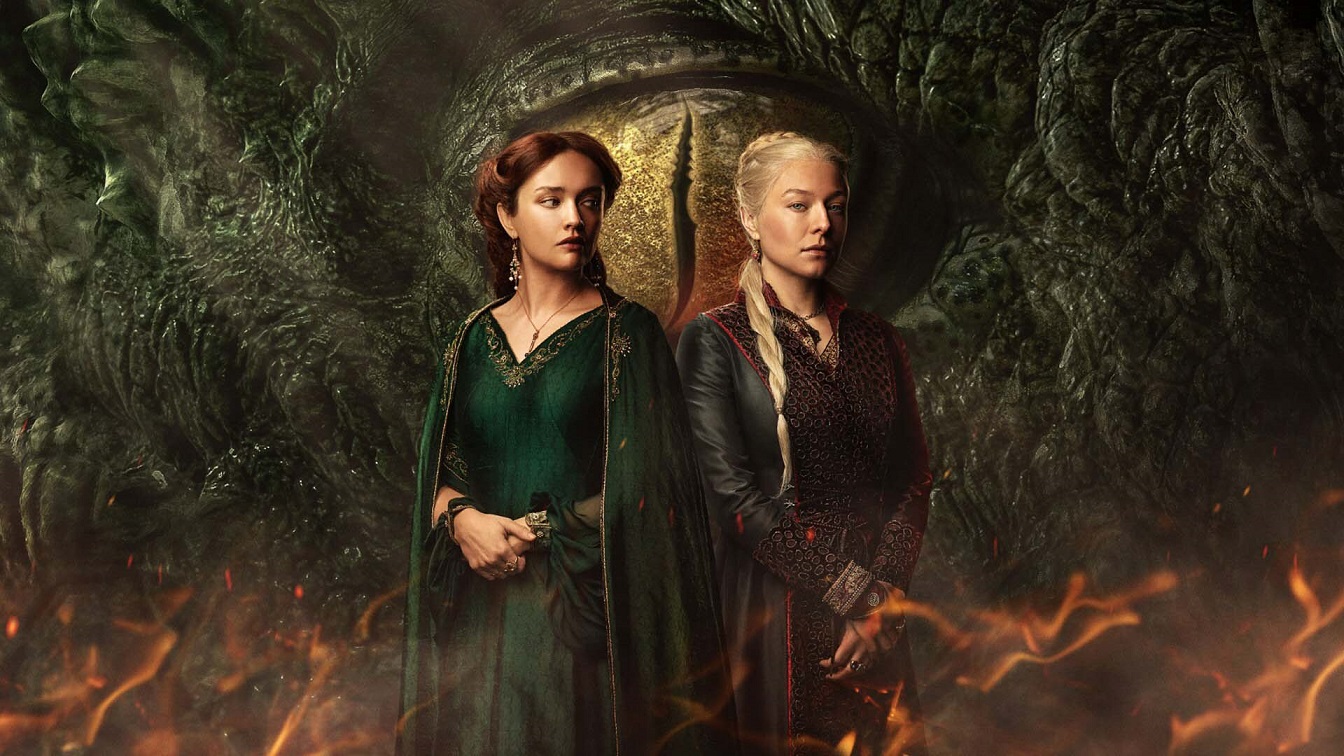The HBO series Game of Thrones, based on a series of novels by George R.R. Martin, captivated viewers with a tale of how politics and infighting undercut a medieval kingdom’s ability to wage war against an army of frosty undead. House of the Dragon, a spinoff of Game of Thrones, dispenses with the undead to concentrate purely on politics.
Generally speaking, fantasy epics tend to describe some sort of epic struggle, whether against a Dark Lord, an army of undead, an angry god, or even the concept of death itself. Politics generally plays an important role in these stories. The heroes often face political difficulties in the course of their effort to save the world. Politics can play a greater or lesser role, either structuring the struggle in the background or placing demands that sap the strength and attention of the heroes in the foreground.
(Subscribe to Our YouTube Channel Here. Check out More 19FortyFive Videos Here)
Problems of Succession in House of the Dragon
House of the Dragon mostly dispenses with this approach. Since it is a prequel to Game of Thrones, we have reason to believe that the world will not face an existential crisis for another two centuries. The show makes only the barest pretense of a civilizational crisis, ignoring the demands of high fantasy in favor of a pure dose of the political. Westeros should not be in crisis at this moment. It does not face a foreign war of any serious consequence. Neither wildlings nor white walkers are banging on the Wall. The dragons are as domesticated as dragons tend to get. Politics appear to be the entire game. House of the Dragon is, in effect, Wolf Hall or the Tudors, plus dragons.
The political problem driving the show involves a succession. Medieval monarchists may have believed that their kings were divinely ordained, but they were not at all blind to the practical value of having a line of succession in order. The alternative was often civil war among the various nobles with some claim to the throne.
Hereditary monarchy is designed to solve the problem of succession, although the rules of succession have varied immensely across time and space. This problem has not gone away. Kim Jong Un did not come to power as a result of a well-defined system of primogeniture, but he surely derives some legitimacy (at least within the senior levels of the regime) from his relationships with his father and grandfather. Perhaps more importantly, Kim’s position in the hierarchy of the North Korean government allowed him to build a power base that helped him secure control after his father died.

North Korean leader Kim Jong Un speaks during the 2nd Conference of Secretaries of Primary Committees of the Workers’ Party of Korea (WPK), in this photo released on March 1, 2022 by North Korea’s Korean Central News Agency (KCNA). KCNA via REUTERS.

North Korean leader Kim Jong Un chairs a Worker’s Party meeting on coronavirus disease (COVID-19) outbreak response in this undated photo released by North Korea’s Korean Central News Agency (KCNA) on May 12, 2022. KCNA via REUTERS

North Korean Leader Kim Jong Un. Image Credit: KCNA.
Dragons and Politics in House of the Dragon
In Westeros, the power of the royal house is magnified by its virtual monopoly over dragons, the most powerful military technology in the world. Such power makes a disputed succession even more dangerous. Thus far, House of the Dragon retells in broad detail Aesop’s The Frogs Who Wished for a King. Old King Log is played by Viserys of House Targaryen, First of His Name, King of the Andals, the Rhoynar, and the First Men, Lord of the Seven Kingdoms, Protector of the Realm. King Stork seems to be his brother, Daemon Targaryen, although other claimants – including the King’s daughter Rhaenyra and son Aegon – emerge over the course of the story. Viserys is neither cruel nor incompetent. He laments that he has faced no great challenges, beyond the succession, but he is fair, judicious, and firm when necessary. None of Viserys’s decisions are wrong, exactly, but none quite solve the problem that besets the kingdom, which is that he has muddled the succession across several potential candidates, all of whom possess fire-breathing dragons.
The lack of an existential crisis has left some viewers uneasy. Unlike Game of Thrones, but much like Wolf Hall, there is little mystery about how the series will end. We know that Westeros will descend into a brutal, bloody civil war, that a Targaryen will eventually reclaim the throne, and that the dynasty will continue to rule for another 160 years (albeit mostly without dragons). These are not the stakes of high fantasy. For other viewers (including myself) the politics were always the central appeal of Game of Thrones and other series of its ilk. For this group, Viserys’s tragic efforts to hold his family and his realm together are in and of themselves worth the price of admission.

Game of Thrones Jon Snow. HBO handout image.
Either way, the spectacle of CGI dragons tearing cities (and one another) to pieces should please both kinds of audience.
Expert Biography: A 19FortyFive Contributing Editor, Dr. Robert Farley has taught security and diplomacy courses at the Patterson School since 2005. He received his BS from the University of Oregon in 1997, and his Ph. D. from the University of Washington in 2004. Dr. Farley is the author of Grounded: The Case for Abolishing the United States Air Force (University Press of Kentucky, 2014), the Battleship Book (Wildside, 2016), and Patents for Power: Intellectual Property Law and the Diffusion of Military Technology (University of Chicago, 2020). He has contributed extensively to a number of journals and magazines, including the National Interest, the Diplomat: APAC, World Politics Review, and the American Prospect. Dr. Farley is also a founder and senior editor of Lawyers, Guns and Money.

